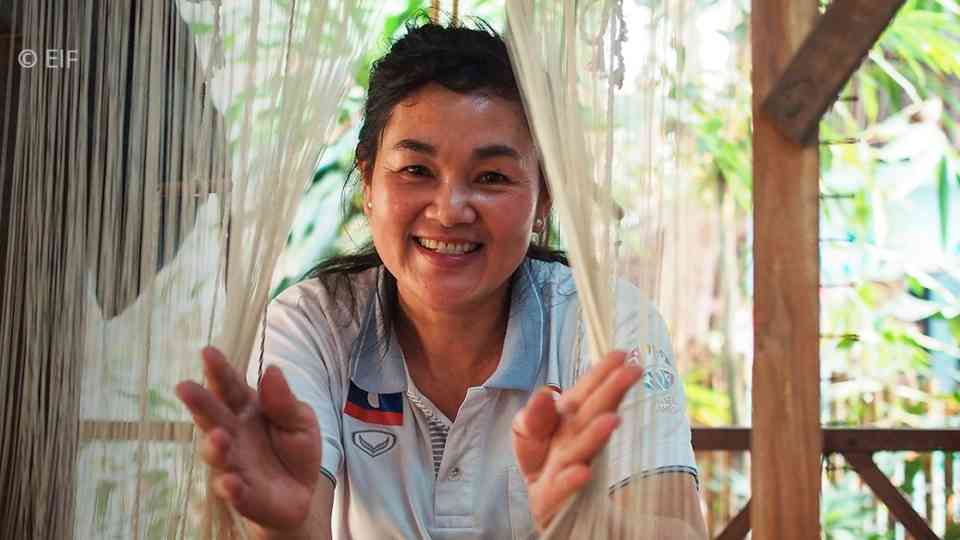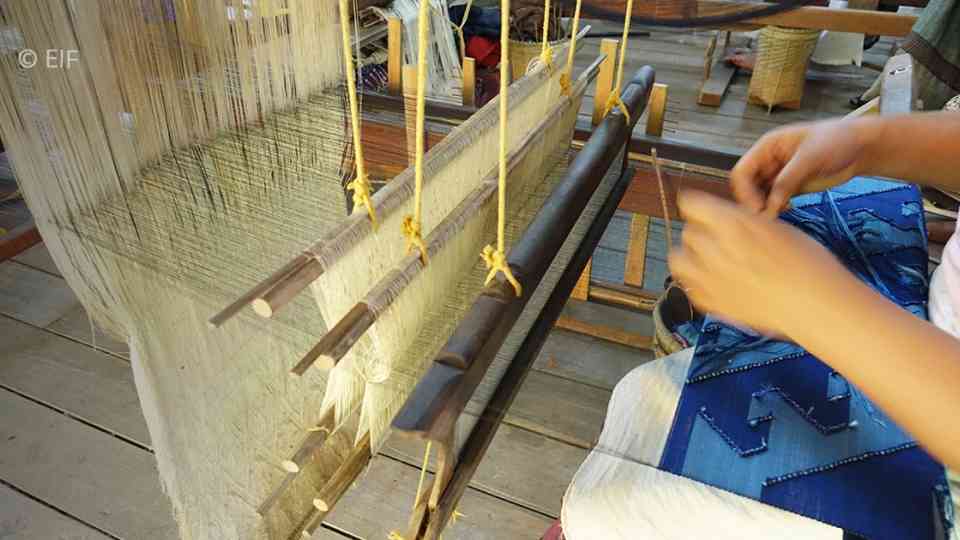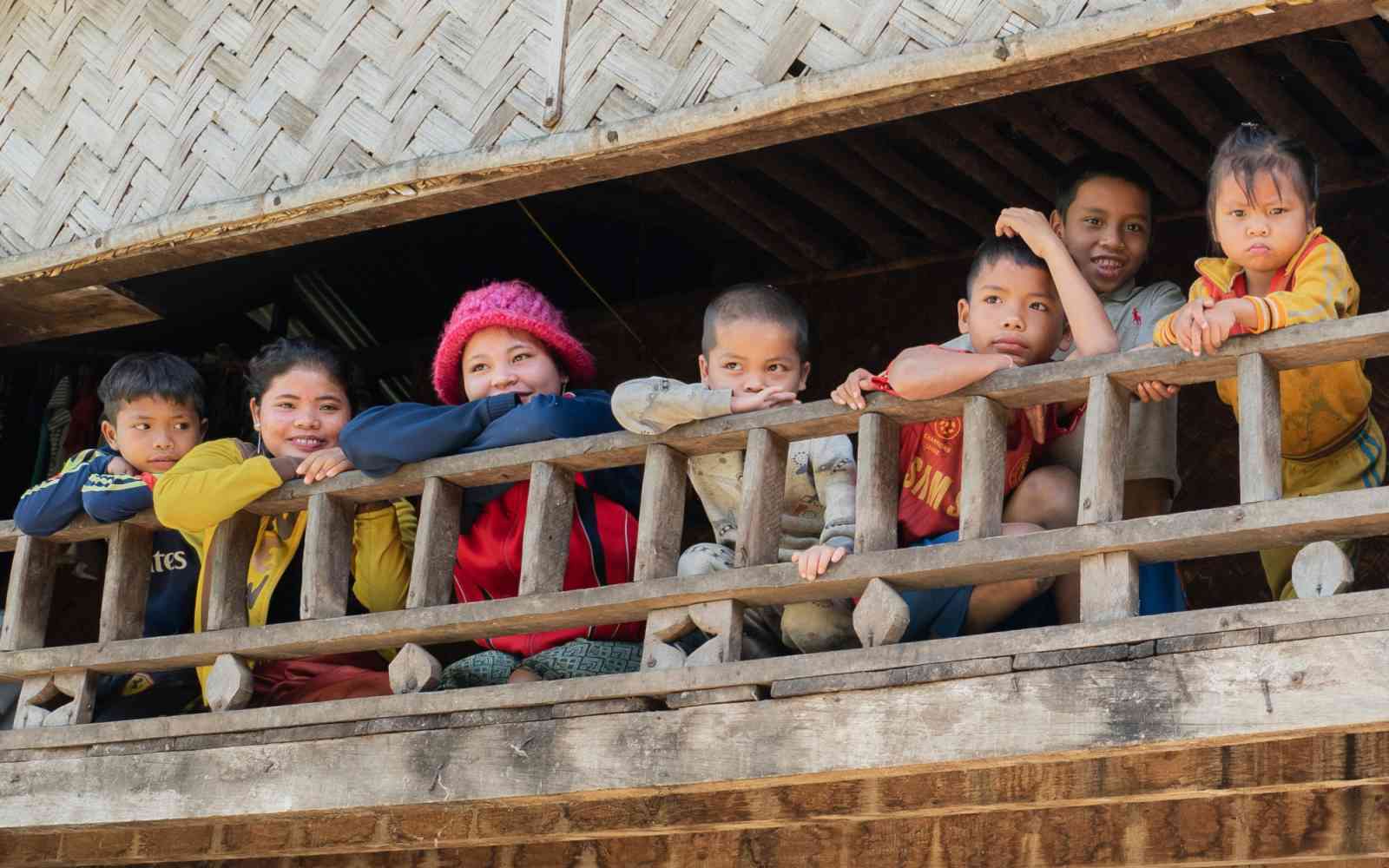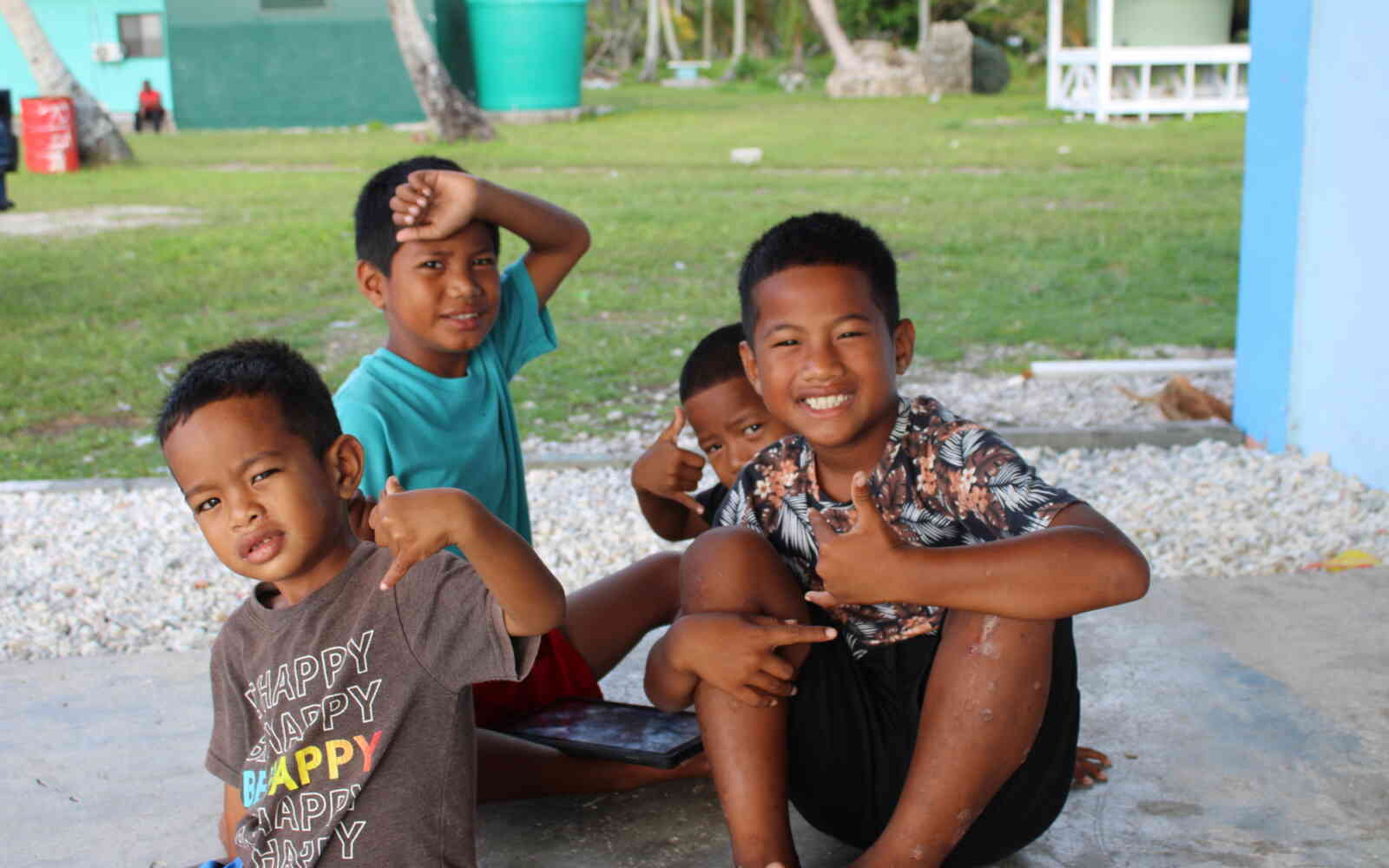The United Nations Office for Project Services (UNOPS)
What's vital for sustainable development? Public-private partnerships
Public-private partnerships can have a life-changing impact on rural communities beyond providing economic opportunities – here's how.
We're severely off track on one of the most important set of priorities facing our world: achieving the Sustainable Development Goals (SDGs).
The SDGs span everything from poverty reduction and climate change to education, peace and security – areas vital for equality, prosperity and our survival. We're now at the mid-point for achieving the SDGs by 2030 – and the world is facing a myriad of crises that have worsened the alarming gaps between critical SDG targets and reality at local, national and global levels.
The public and private sectors could help get things back on track by pooling their expertise and resources towards achieving the SDGs. To do this, both can work together to craft and implement solutions to challenges that are too big and too complex for either one to fully overcome alone.
In the Lao People’s Democratic Republic, for example, significant challenges remain for the country to achieve its goals of eliminating poverty, ending hunger, and promoting economic growth and decent work. Although the national poverty rate has been halved over the last several decades – going from approximately 46 per cent to 23 per cent – the impact of the COVID-19 pandemic, among other factors, has taken a toll.
Public-private partnerships can help reduce poverty by supporting economic development for women living in rural communities – helping empower women and promoting cultural heritage and economic resilience.
Through a project funded by the Enhanced Integrated Framework, the country's Ministry of Industry and Commerce has spearheaded a project where Ock Pop Tok (East Meets West) – a for-profit social enterprise that provided co-financing for the project along with the government – trains and equips female weavers from rural areas of Lao to help them produce consistently high-quality handicrafts. This in turn enables them to earn higher incomes.
Women in six villages in three northern provinces of the country – Oudomxay, Luang Namtha and Phongsal – are participating in this project.
This partnership has helped transform their livelihoods. With increased knowledge, better equipment and improved techniques, they are now earning an average of 46 per cent more income – with some villages increasing their income by more than 100 per cent. In some cases, the weavers are now earning more than their husbands – and their work is garnering them greater respect and a voice within their families and their villages.
Critics working in international development sometimes question supporting an initiative that features a profit-making element. However, with this partnership, the weavers gain a steady purchaser – and steady income – supplying to Ock Pop Tok. Meanwhile Ock Pop Tok gains a reliable supply of base products, which the company purchases, upscales and then sells to a larger online and in-person market.
Together, the two are not only creating a successful win-win partnership – they're also helping preserve and promote Laotian heritage by showcasing traditional patterns, fabrics and cultural handicrafts for buyers both locally and abroad.
This kind of small yet impactful partnership could be replicated far and wide – delivering similar life-changing results and helping turn the Sustainable Development Goals into reality.
A longer version of this Insights article appeared in FDI Intelligence. To read it, click here.
David Daepp
Based in Bangkok, Thailand, David Daepp is a Regional Portfolio Manager with UNOPS, which serves as the Trust Fund Manager for the Enhanced Integrated Framework. He has more than 18 years of experience in the UN system, including at the UN Secretariat in New York as well as managing portfolios in Africa, Europe, Asia and the Pacific. He regularly engages with and advises governments in Least Developed Countries to craft innovative solutions to development challenges.













